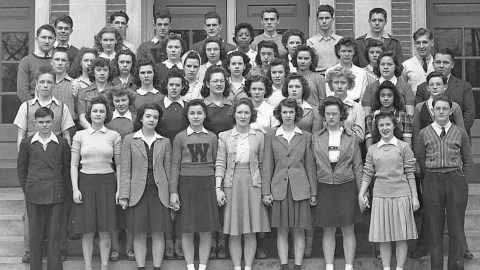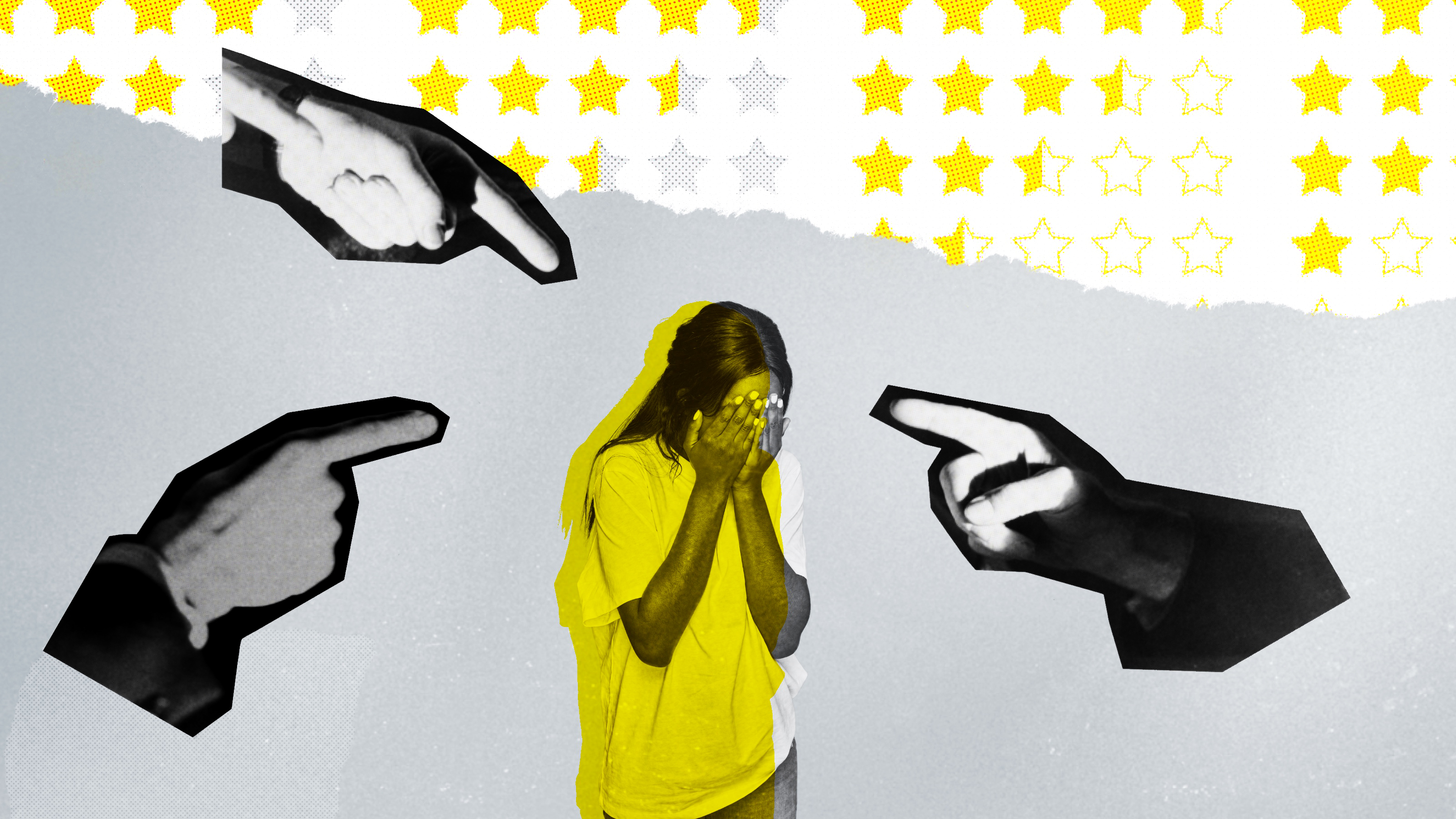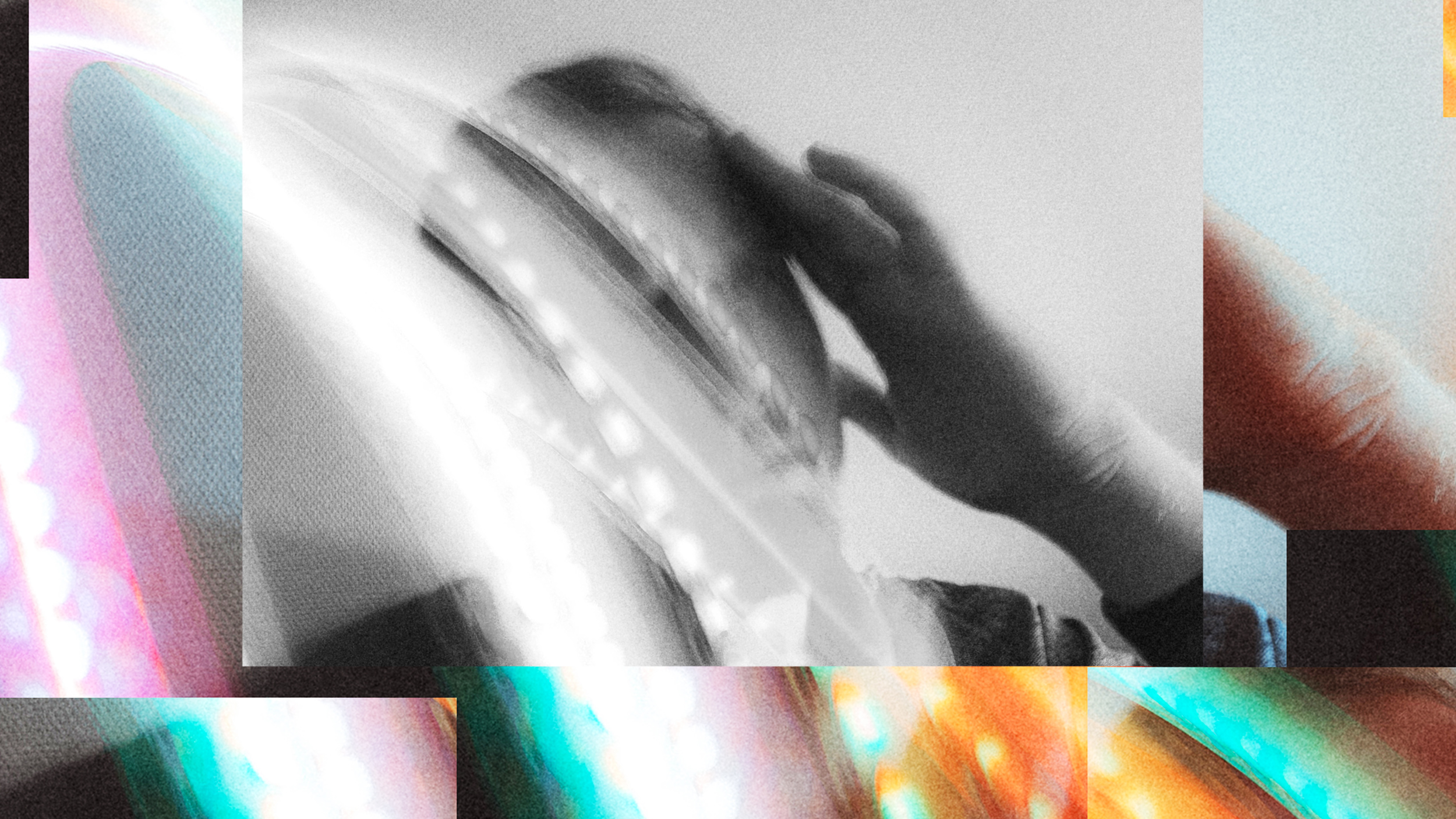Lessons Your Teenage Self Can Still Teach You About Life

Sue Shellenbarger of The Wall Street Journalhas a great article up on the site about the many reflections shared by attendees at a unique ten-year high school reunion in Monterey, California.
The York School is small, private, diverse (2 of 5 students are on financial aid), and very focused on college prep. It also has each of its graduating seniors record a video message to their future self, a summation of dreams and goals for the years ahead.
The Class of 2004 recently watched these videos at their reunion and, after rolling their eyes and wincing at old fashion, reflected on the decade prior. Some had been forced to put their dreams on hold during the recession while others persevered. Quite a few changed their ambitions altogether.
Shellenbarger surveyed the former students about what advice they wish they could give their teenage selves. “Keep learning,” said one. “Fail well,” pleaded another. Many of the respondents vouched for not worrying so much about the future and broadening one’s definition of success.
Lessons learned from time capsules go both ways but advice given to your teenage self can’t be put into action. What are ways that you can learn from your past self? Just as historians study their subject to acquire lessons for the future, you can be a historian of yourself. All it takes is a willingness to be introspective. Here are some tips for self-reflection that can help you assess your life, dreams, and identity.
1. Open up your yearbook: You can, for the most part, ignore the actual photos and text. While it’s fun to count up all the ill-advised dye jobs, the real lessons to be learned are in what people wrote about you. What were your classmates’ expectations for you? Did you achieve them? Why or why not? What crowd did you hang out with and how did their influence affect your development? Again, be introspective. Think about the correlations and causality of your teenage experience. Fast-forward to present day and think about your current social circles. Are there patterns? Ruminate on the influence others have had on you and decide if the strategies you’ve depended on need to be changed.
2. Passions vs. Pragmatism: Some of us find that we’re unable to enjoy things like art and music in the same way we did when we were younger, probably due to a combination of added responsibilities and relatively stable hormones. Kris Roe of The Ataris sums up the feeling in the song “Not Capable of Love:”
“I’m not capable of love / That kind of love / That I felt when I was twenty one.”
Assess the history of you by approaching primary texts. Peruse old journal entries. If you’ve got a still-active LiveJournal, all the better (or worse, depending on your perspective). Did you write poetry? Did you jot down thoughts about art, film, music, and love? What made these things important back then? Were they vital in the formation of your identity? How do you draw inspiration now in different ways than you did back then? Think about what makes you feel passionate today and whether those feelings are being channeled in ways beneficial to you. Perhaps all you need to feel better is a new medium through which to channel them.
3. Dreams and Goals: Go through those same primary texts and draw out the promises you made for yourself. Determine which ones you kept and which ones you tossed away. Are there any goals you wish you had latched on to? Is there unfinished business you still need to get done? Analyze the ways you’ve dealt with values and ambitions. Map out accomplishments and failures. If you abandoned a goal, what was the reason? Did you give up too early? Again, be introspective and keep an eye on how lessons from the past will aid you in forming strategy for the future.
Read more at WSJ Online
Photo credit: Don O’Brien / Flickr





